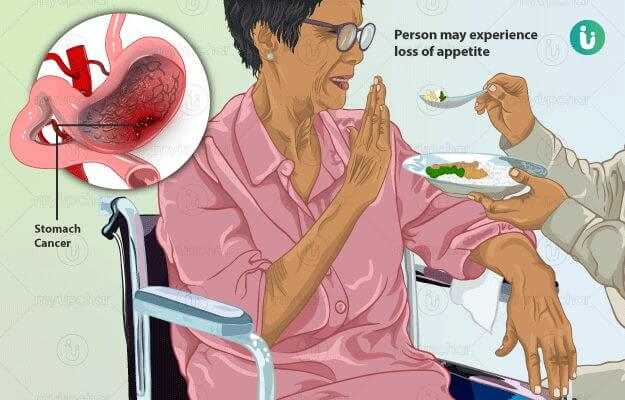Summary
Stomach cancer develops when abnormal cells grow uncontrollably in one of the three layers of the stomach lining. Stomach cancer (gastric cancer) usually starts in the inner layer of the stomach and then progresses to the outer layers. It can also spread to nearby organs or distant parts of the body. Several types of cancer can occur in the stomach, the most common being adenocarcinoma. Apart from an existing family history and medical conditions related to the stomach, certain lifestyle and dietary choices can also predispose a person to gastric cancer. In the early stages, a stomach cancer patient may remain asymptomatic (shows no symptoms) or shows ill-defined symptoms like unexplained weight loss or indigestion. In advanced cases, more severe symptoms develop like a significant weight loss, loss of appetite or uncontrolled vomiting.
The treatment depends on medical history, progression of the disease and the overall health of the person. The complications include yellowing of the skin (jaundice) due to spread of the cancer to the liver, obstruction of the stomach outlet due to the tumour, bleeding in the stomach, fluid accumulation around the abdomen or lungs (peritoneal and pleural effusions) as well as weakness and exhaustion due to starvation caused due to appetite loss. The outcome of stomach cancer depends on the spread of the disease at the time of initial diagnosis. Any two people with stomach cancer are different and the response to treatment varies from person to person. Generally, the earlier the disease is detected, better are the chances of recovery.

 Doctors for Stomach Cancer
Doctors for Stomach Cancer  OTC Medicines for Stomach Cancer
OTC Medicines for Stomach Cancer
 Stomach Cancer articles
Stomach Cancer articles

 Homeopathic Treatment of Stomach Cancer
Homeopathic Treatment of Stomach Cancer

































 Dr. Rachita Narsaria
Dr. Rachita Narsaria











